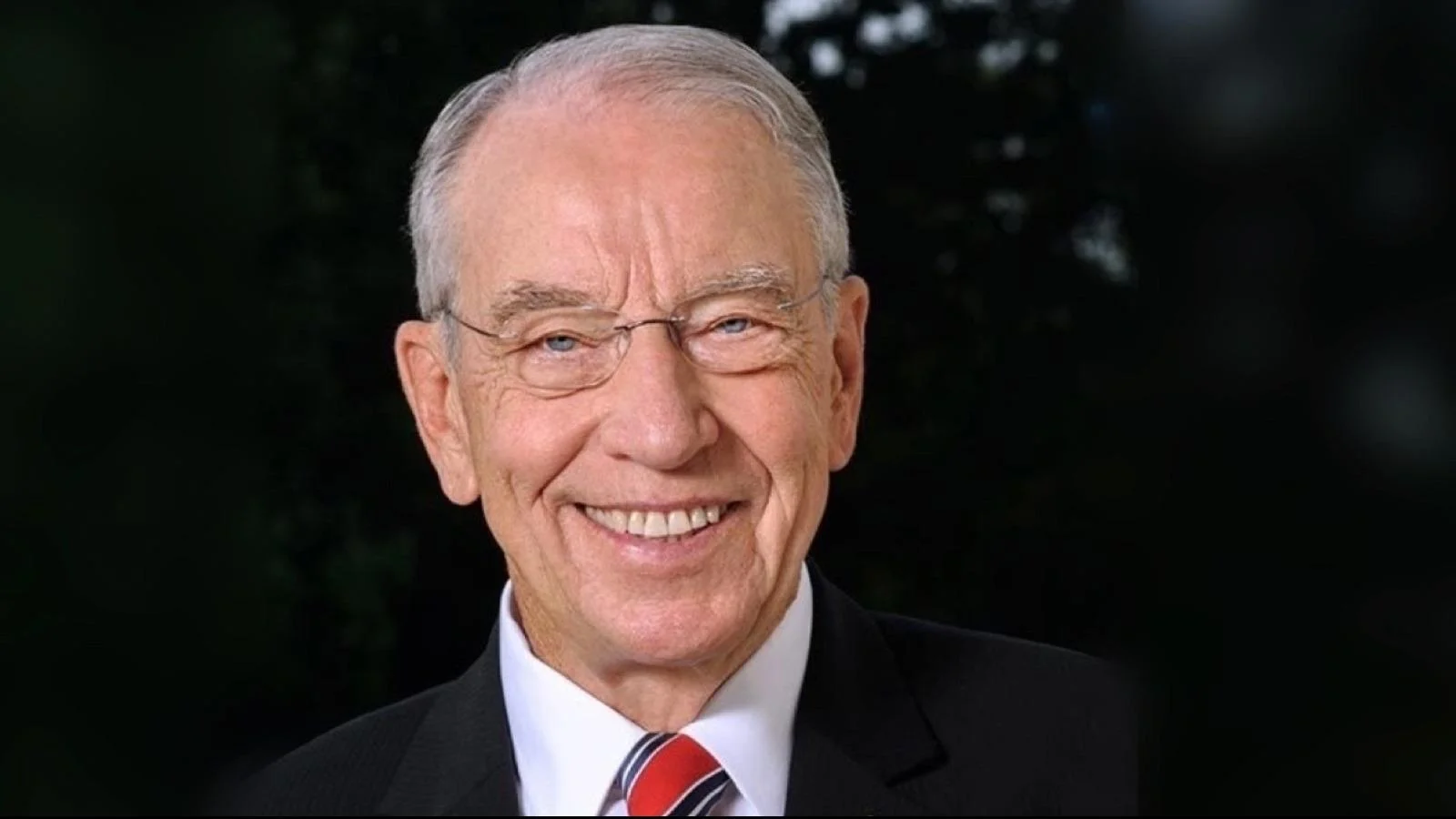Senator Chuck Grassley | Official U.S. Senate headshot
Senator Chuck Grassley | Official U.S. Senate headshot
Senate Judiciary Committee Chairman Chuck Grassley (R-Iowa) and House Judiciary Committee Chairman Jim Jordan (R-Ohio) have sent a letter to Supreme Court Chief Justice John Roberts, raising concerns about recent anonymous statements made by federal judges criticizing the Supreme Court.
The letter follows reports in which unnamed federal judges described tensions between the Supreme Court and lower courts, referring to their relationship as a “war zone” and accusing the Supreme Court of “undermining the lower courts.” Grassley and Jordan argue that such comments could undermine public trust in the judiciary and may breach ethical standards for federal judges.
“As the Chairmen of the Committees on the Judiciary in the United States Senate and United States House of Representatives, we preside over the congressional committees with legislative and oversight jurisdiction over the federal courts. We are deeply concerned that these public attacks on the Court from sitting federal judges damage the public’s faith and confidence in our judicial system. When judges call into question the legitimacy of their own branch of government, they erode faith in the institution itself,” Grassley and Jordan wrote.
They asked Chief Justice Roberts to clarify whether these statements violate the Code of Conduct for United States Judges, specifically referencing canons that require judges to uphold integrity, promote public confidence, and avoid public comment on pending matters. The lawmakers also questioned whether there would be an investigation or other response from within the judiciary.
“We urge you to consider the appropriateness of these public yet anonymous comments and whether they breach the ethical obligations of all federal judges. While we do not yet know the full extent of the comments or who the judges are, we remain convinced that judges should not be going to the press to undermine and denigrate the Supreme Court,” Grassley and Jordan stated.
The Code of Conduct for United States Judges outlines expectations for judicial behavior. Canon 1 calls for maintaining integrity and independence; Canon 2(A) requires actions that foster confidence in impartiality; Canon 3(A)(6) prohibits public comment on pending court matters.
A related incident occurred in 2024 when Chief Judge Albert Diaz resolved a complaint against District Judge Michael Ponsor after Ponsor published an essay critical of Justice Alito. Diaz determined that Ponsor’s actions violated multiple canons by expressing personal opinions on controversial issues and commenting on a matter involving a sitting Supreme Court justice.





 Alerts Sign-up
Alerts Sign-up